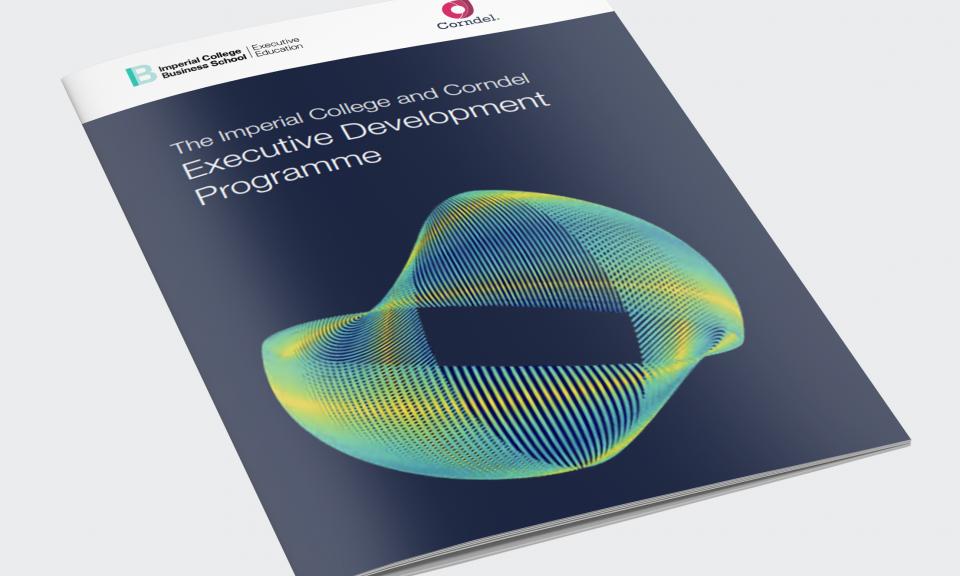
A member of the distance education standards committee of the University Council of Jamaica (UCJ) is arguing that massive open online courses (MOOCs) can to be used to address issues of availability and affordability of higher education in the region.
Patrick Anglin, in his contribution to the recently published book, Quality in Higher Education in the Caribbean, said that, compared to face-to-face delivery, MOOCs are a significantly cheaper and more extensive option that tertiary institutions in the Caribbean can leverage to make their programmes more accessible.
MOOCs are defined as online courses aimed at large-scale participation and open access via the Web.
Described as part of the fourth generation of distance education technologies, MOOCs generally include free online courses from a wide range of disciplines. Some popular MOOCs include Coursera, developed by Stanford University, and MIT OpenCourseWare.
According to Anglin, there is an unmet need for fully online degree programmes given that the University of the West Indies only offers seven such graduate programmes.
“The opportunity exists for Caribbean institutions to develop graduate-level courses and deliver these as MOOCs. Of course, the issues identified with this new model must first be tackled and overcome,” he said.
One of the issues, of which Anglin speaks, is the lack of a clear business model that can be used to recover costs for MOOCs. This, he argues, could be a possible reason for the absence of Caribbean higher education institutions in MOOCs.
Anglin noted that Coursera, which has more than 10 million subscribers, did not turn a profit until a year after it started and was unsure of a business model in its initial stages.
MORE AFFORDABLE OPTION
“Most Caribbean universities are still struggling to keep the lights on amid the current austere financial climate and may, therefore, balk at the idea of offering courses which incur cost without a commensurate revenue stream. However, MOOCs provide an opportunity to not only participate in a growing trend … the Caribbean diaspora is also a potential market … but will benefit those in the region who are unable to afford the current fees charged by local universities,” he said.
Anglin went on to argue that the low levels of matriculation to universities in the Caribbean make the adoption of MOOCs attractive, as they serve as a viable option to address the unmet demand for tertiary education in the region.
[“source – jamaica-gleaner.com”]












